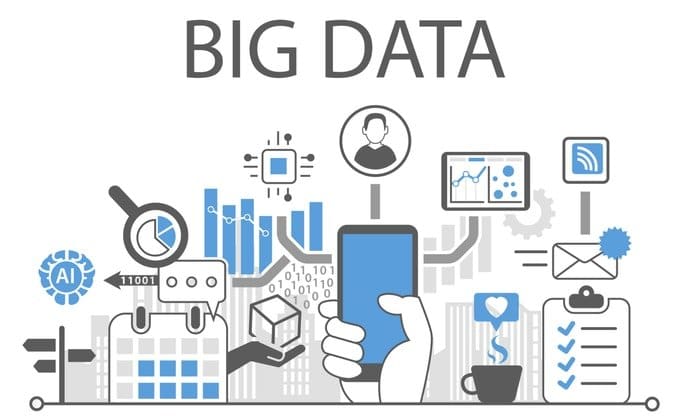An iPhone 8, now a relatively cheap model, can charge its battery fully in two hours’ time. There’s hardly ever a need for faster charging, but it’s fair to ask – how much faster could it really go? [Scotty Allen] from [Strange Parts], back after a hiatus, is back to stretching the limits of what a regular iPhone can do, and decides to start off with an exploration of battery technologies.

There’s a few battery technologies you could pair with a phone if your aim is to speed up charging dramatically, and [Scotty] demonstrates one of them in action – for instance, Lithium-titanate batteries can take quite a pounding when it comes to charging current, and they’ve helped get the charging time down to 22 minutes. However, that’s no match for a supercapacitor pack, which the charging time down to nine minutes – a thirteenfold increase from the 90 minutes we expect. We might not hold a supercap-based iPhone anytime soon, but now, we sure have seen one.
Facing this demo, Apple ought to be ashamed of their Lightning charging ports. Perhaps, with a few hobbyist-friendly supercapacitor tricks in hand, supercapacitors will be handy for someone’s statistically inevitable project where charging time will be of major importance. Until then, we’ll probably keep focusing our efforts on building powerbanks.






More Stories
7 downsides of open source culture
iPhone 15 And 15 Plus Price Tag Could Be Lowered To Increase Adoptability
Turn A Webpage Into A Desktop App With Gluon